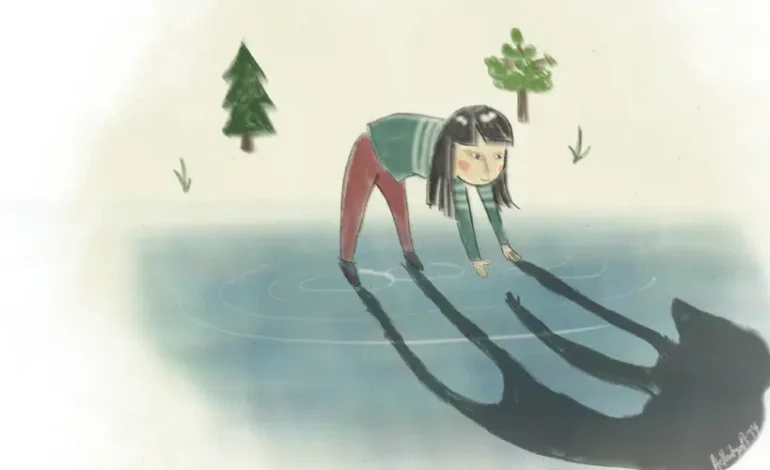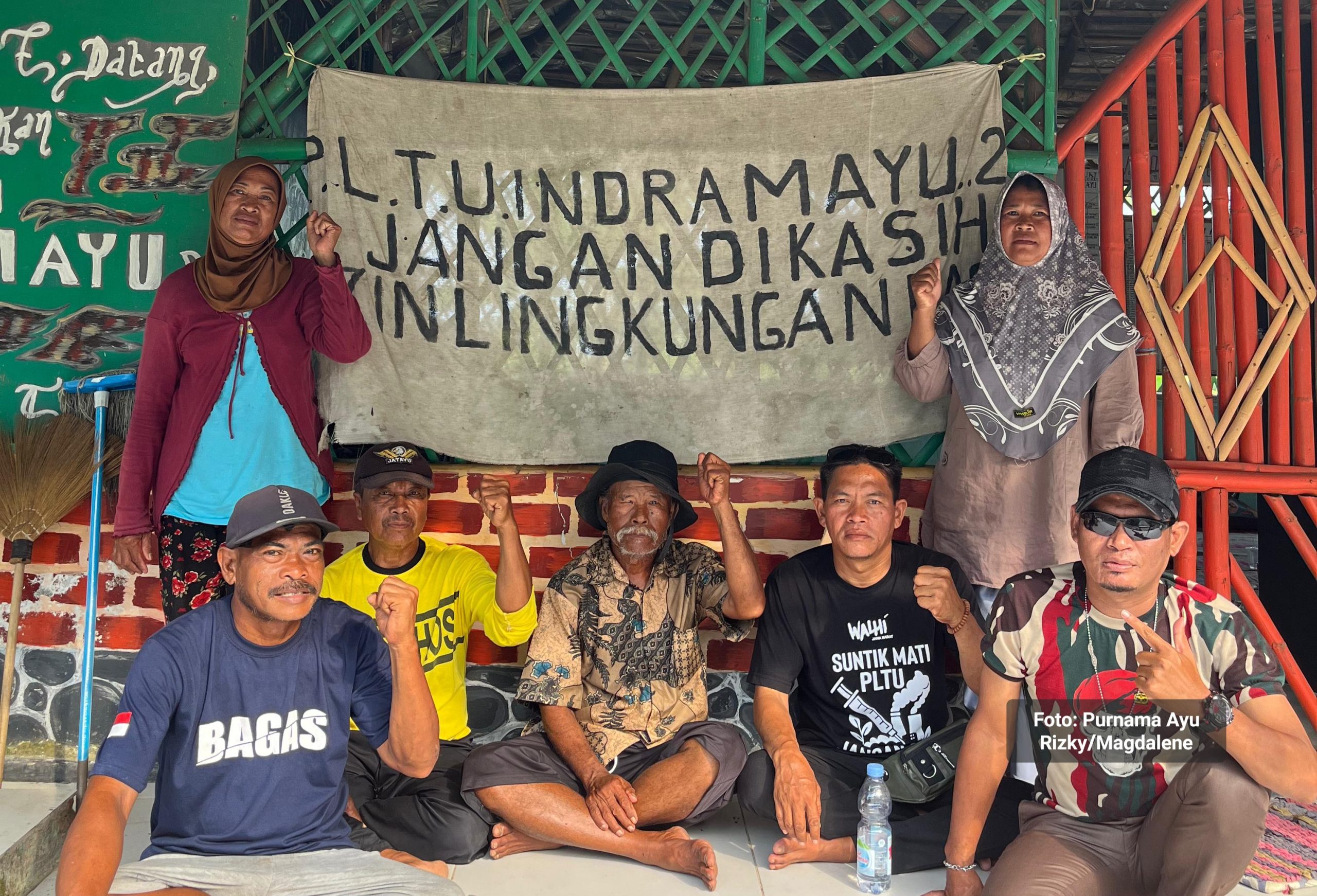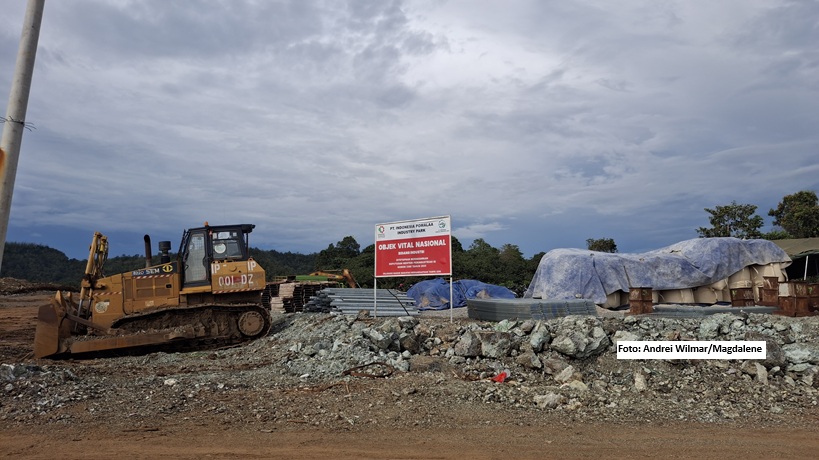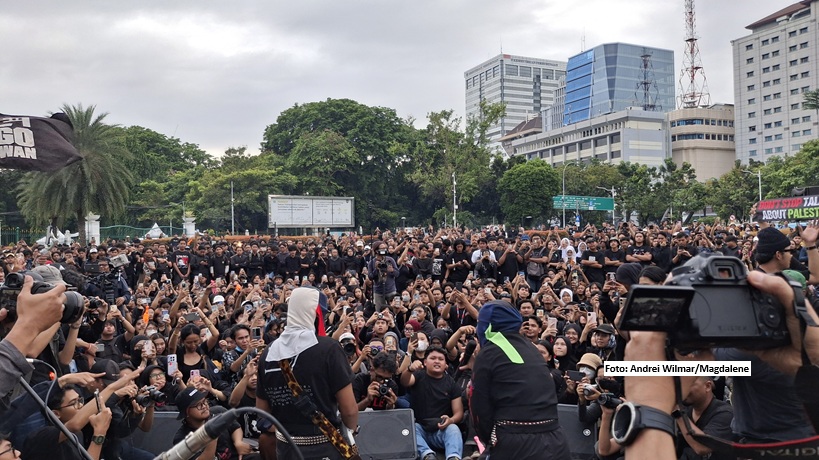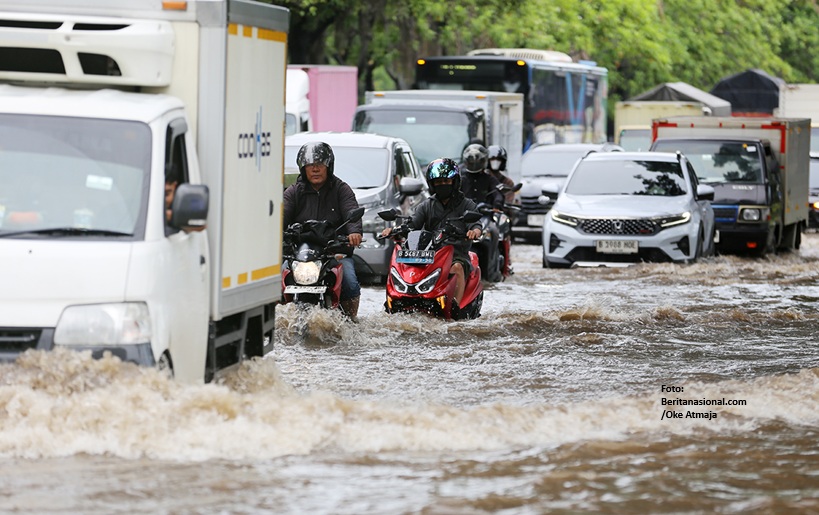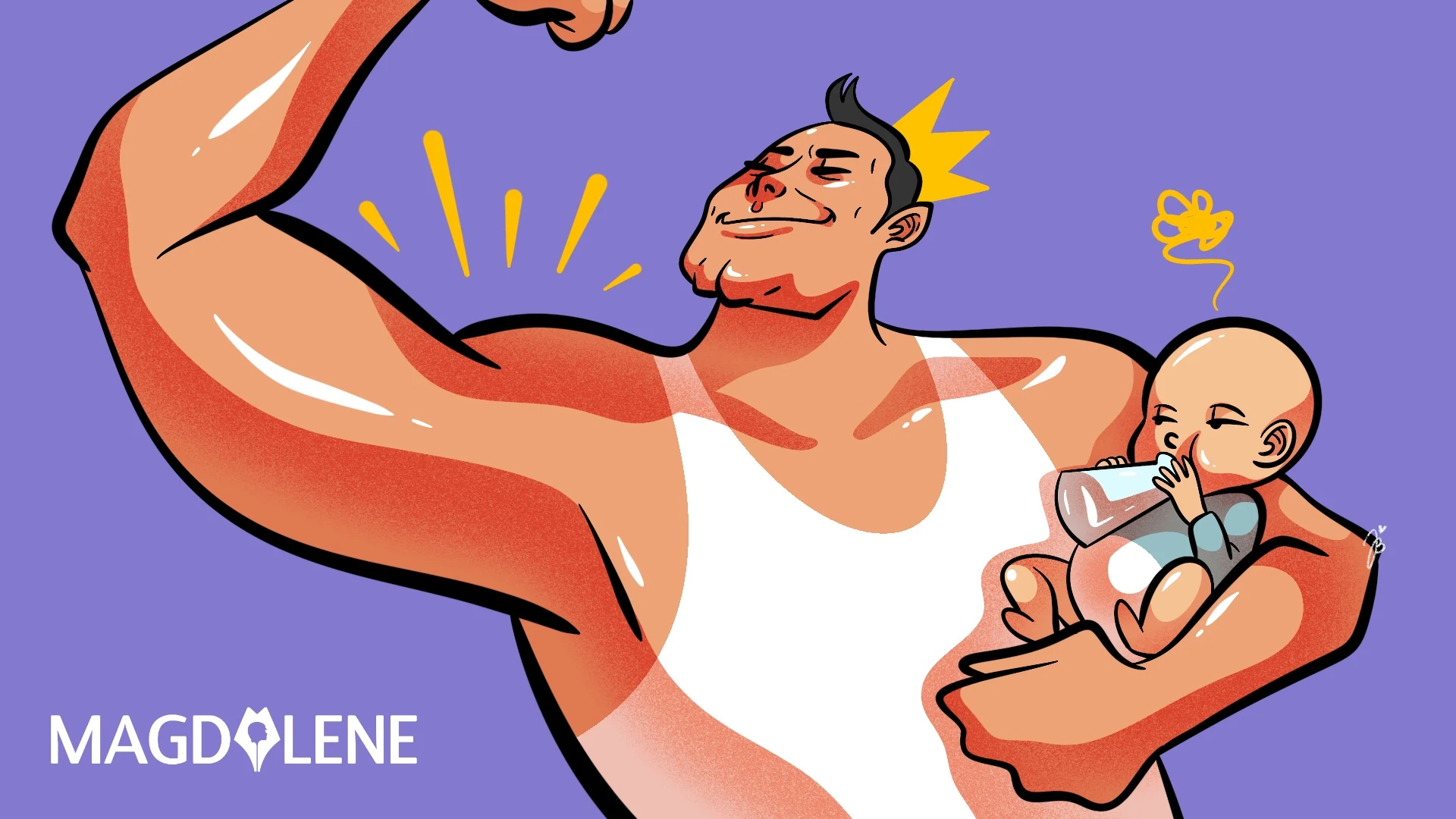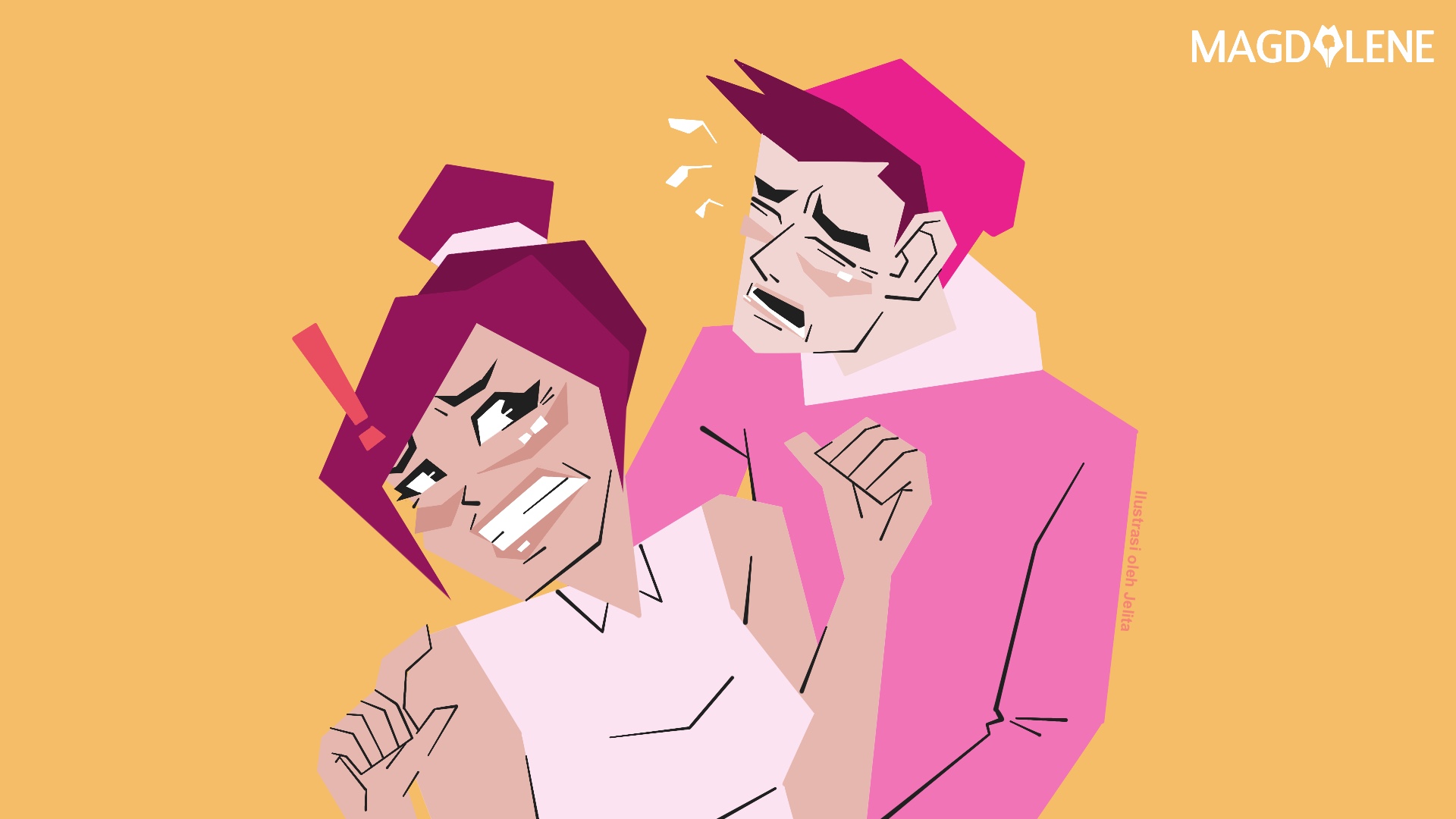Surviving Without a Smartphone
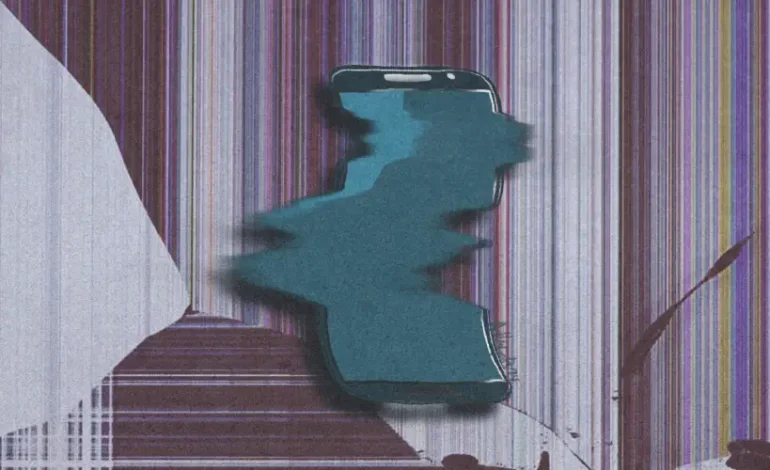
For many smartphone users, their phone acts as a multipurpose device. It’s an organizer, email inbox, clock, camera, and social networking machine, among other things. For reporters, it’s also your lifeline to your bosses, as well as a video and audio recorder for those important moments during coverage.
What happens when this wondrous device dies when you need it most? For me, I thought it would be the end of the world when my phone wouldn’t turn on one sunny Singapore morning on the day of a smartphone launch.
Ever since I began using a smartphone, I became reliant on its functions to see me through the day. I stopped wearing watches. I’d check my email frequently. I’d use it to listen to music when I felt like humming a tune.
I lost all of that during a trip to Singapore to cover the launch of the Oppo N3 and R5 smartphones, when I awoke to a warm sensation near my ear recently.
Reaching for my phone to check the time, I nearly dropped it. It was extremely warm and painful to hold, and a quick inspection of the charge indicator pointed to severe battery draining over the span of five hours.
My phone had overheated, and despite letting it cool for a few hours, I was in dire straits as it wouldn’t turn on properly – it would constantly attempt to boot up, but it would die despite being connected to a wall socket for charging.
Throughout the rest of the morning before the event, I was agitated. Gone was the reassuring weight of the smartphone in my pocket, along with my ability to snap photos for work and tell the time.
I’d come to think of myself as self-sufficient because I had a smartphone, but instead realized hubris. I had become overly confident in my abilities as an individual because I chained myself to a machine. I was afraid this excessive self-confidence would be my downfall now, hours away from a huge event.
I was agitated. I felt off-balance literally, as one pocket felt far too light without a phone, and figuratively, as the anxiety of potentially messing up my work came to a head.
I was looking for a way to compensate for the difficulty of not having a smartphone. While my laptop still worked, it also meant I had to improvise and change my routine.
Part of the list of things I had to change was my attitude toward the situation. I was agitated and anxious about my loss, but I wasn’t completely helpless.
I set aside emergency funds prior to my flight, and at the same time I made acquaintances with my fellow reporters. These would, in the end, be my saving grace.
I bought a digital camera with my funds to take pictures with, and a notepad and pen became important tools again. I also relearned the fine art of talking to strangers and new acquaintances.
“Excuse me, do you have the time?” and “Pardon me, Could you tell me where to go?” were handy phrases I’d inadvertently thrown away when I had a smartphone, so I had to treat the situation I was in with a sense of humility.
At the same time, with my newfound friends, I took the time to treat the loss of a phone like a strange joke of the day. People you were acquainted with – now friends – were willing to help if you ask nicely, and my new friends supported me during the coverage and kept me from losing myself to my own personal hell. We even had some laughs at the expense of my phone.
In the end, I survived Singapore with one broken smartphone, two filed news stories, and a bunch of new friends and memories.
After Singapore, I have to admit that I’m still phoneless. It’ll be another week before I can get a new phone, and I still end up feeling anxious about being disconnected from time to time.
I’ve learned to put my best foot forward in the midst of a bad situation, however. While I still want to stay connected to people using my smartphone, it seems the death of my smartphone was a reminder that I am not my machine, and I can survive – or perhaps even thrive – without it if I really put my mind to it.
*This story was first published in Rappler.com, a Manila-based social news network where stories inspire community engagement and digitally fuelled actions for social change.


